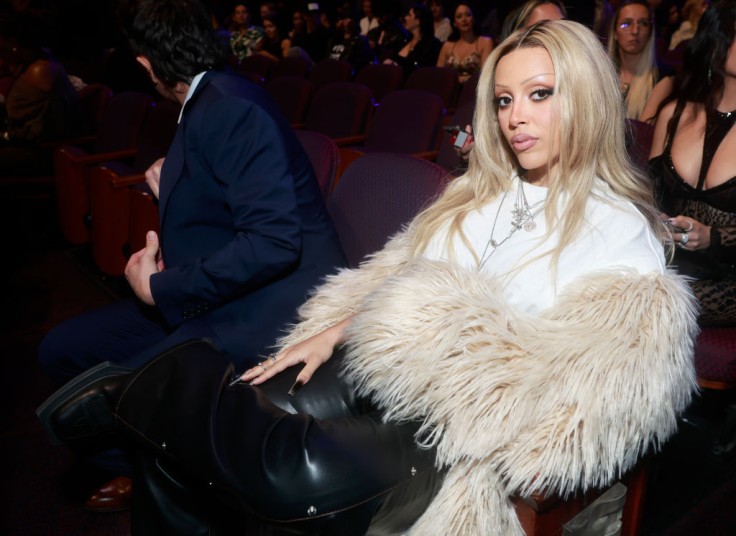
Doja Cat has been wrapped in controversy again, and it's the same old story. So what's new?
The singer/rapper showed off her new tattoo via Instagram: a scaled figure depicting a hybrid between a woman and what looks to be a mule and a dragon. It also had the number four.
Fans took to social media to accuse Doja Cat of being a satanist, with one even accusing her: "You clearly sold your soul to the devil. Unfollow."
The "Woman" singer remained unfazed by the accusation and simply replied, "Whatever helps [you] sleep at night."
Another added, "What's the point of writing your music and creating something if it isn't considered timeless?! I HOPE THAT THIS ALBUM has no demonic influence. If it does, not worth listening to. I said what I said. If you don't like it, take your grievances to [God] and [Jesus]."
She simply replied, "slay girl yas."
Satanist?
According to High Snobiety, this is not the first time the rapper/singer has been accused of satanism. In fact, it has happened on several occasions.
Doja Cat was seen sporting an anarchy symbol painted on the rear of her head. While anarchy and satanism are two distinctly different ideologies, many still accused her of supporting and promoting the devil.
In another instance, she was yet again accused of satanism following a wave of conspiracy revolving around her collab song with The Weeknd titled, "You Right."
People also took to TikTok to convince others that she is a Satan worshipper because of her makeup looks and birthday cake.
Debunked!
According to Buzzfeed, Doja Cat is not a satanist. She's simply a lover of art.
After being thrown accusations that she had a satanic image tattooed on her body, the rapper took to Instagram yet again to show fans where her new tattoo's inspiration came from.
Apparently, it's an image from Fortunio Liceti's 1665 edition of "De Monstris," which depicts three monsters that are all weird-looking hybrids of one animal or another.
She included a screenshot of an explanation of the art piece: "Liceti's work, although not the first on the topic of deformities in nature, was perhaps the most influential of the period."
"Unlike many of his contemporaries, Licenti did not see deformity as something negative, as the result of errors or failures in the course of nature."
"Instead he liked nature to an artist who faced with some imperfection in the materials to be shared ingeniously creates another form still more admirable."
© 2025 MusicTimes.com All rights reserved. Do not reproduce without permission.







